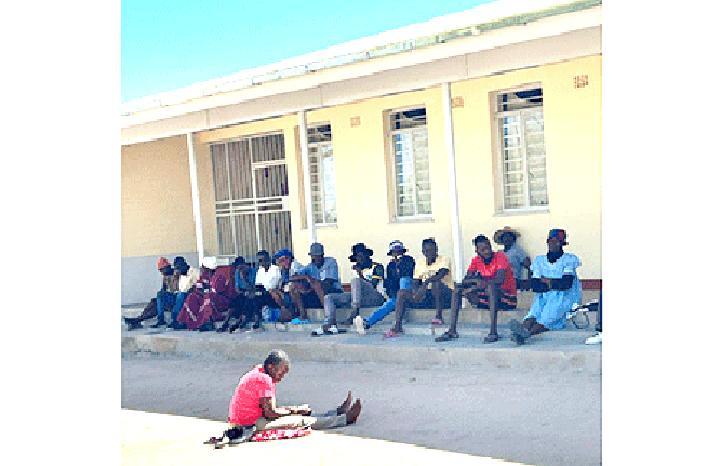Africa-Press – Namibia. The Kunene region continues to face a severe shortage of healthcare workers as many qualified professionals are unwilling to accept placements in remote and underserved areas.
Ministry of Health and Social Services spokesperson Walter Kamaya has confirmed that as of July 2025, the Kunene region has up to 161 vacant positions across key healthcare roles.
“These positions include old and newly approved, in the staff establishment as the government intervention measures to curb the staff shortage going forward,” he explained.
Kamaya stated that the region is dealing with a serious challenge in attracting and retaining healthworkers in hard to reach areas.
Additional challenges persist. Some clinics face intermittent water supply issues and limited internet connectivity, which hinders communication and digital record keeping.
The ministry is also working to improve staff housing and is exploring mental health support programmes for health workers in remote areas.
“Another emerging concern is the difficulty in securing work permits for foreign healthcare professionals, as foreigners are now being denied work permits by the ministry of home affairs,” Kamaya highlighted.
Despite the challenges, the ministry of health has implemented a range of interventions including the rural hardship allowance, professional development training, workshops, seminars through fellowship programmes that prioritise staff members in underserved areas.
Kamaya further stated that the region has strengthened its referral service delivery system, including extending mobile clinics and outreach services to remote communities, strengthening referral networks with major hospitals in Oshakati, Windhoek and Katutura and deploying medical doctors to health centres such as Kamanjab.
The region is also placing community health workers directly within communities, partnering with non-government organisations to deliver mobile health services and reduce isolation burdens and deploying staff on relief duty to remote clinics when necessary.
The issue was brought to light by Kunene Governor Vipuakuje Muharukua during his recent State of the Region Address.
He highlighted that the region continues to face challenges such as the unwillingness of health professionals to work in remote areas, which challenges are hugely exacerbated by scanty road networks.
“We need to improve and speed up the filling of available posts in accordance with the recruitment plan, otherwise health services may be found wanting in this new era of quality service delivery,” Muharukua said.
Muharukua stressed that without urgent reforms and faster implementation of planned recruitment, the region risks falling short of delivering quality healthcare services to its residents.
Despite these setbacks, the ministry of health says it remains committed to resolving Kunene’s unique challenges through targeted, long-term interventions aimed at ensuring no community is left behind.
For More News And Analysis About Namibia Follow Africa-Press






